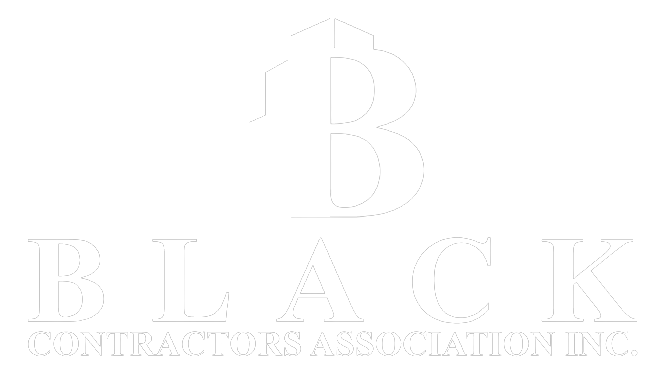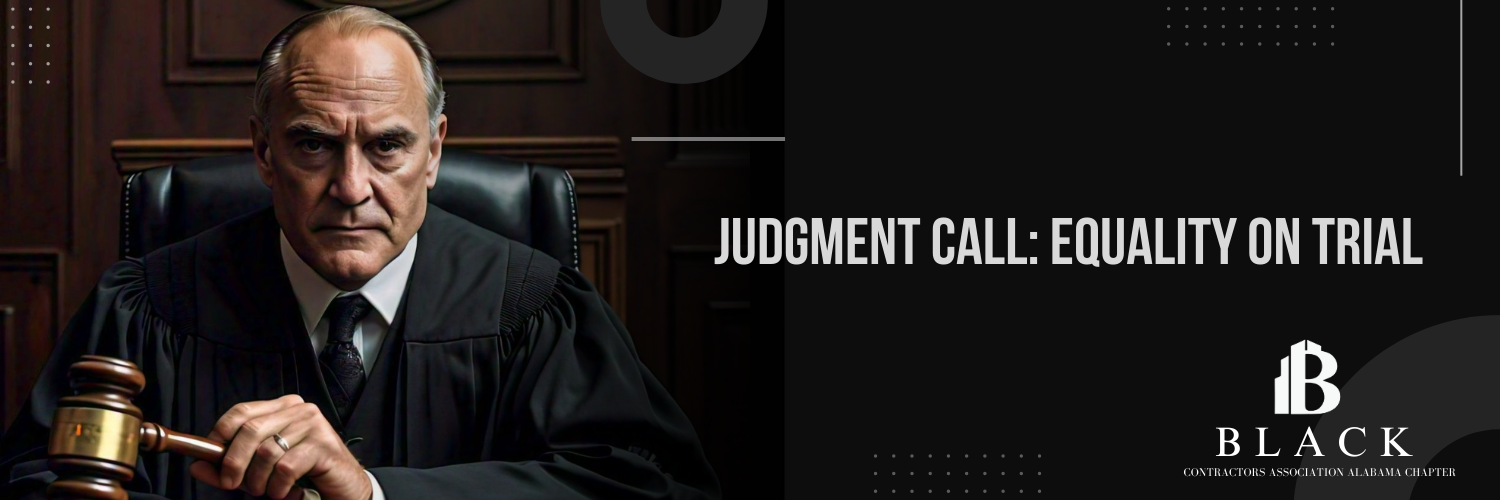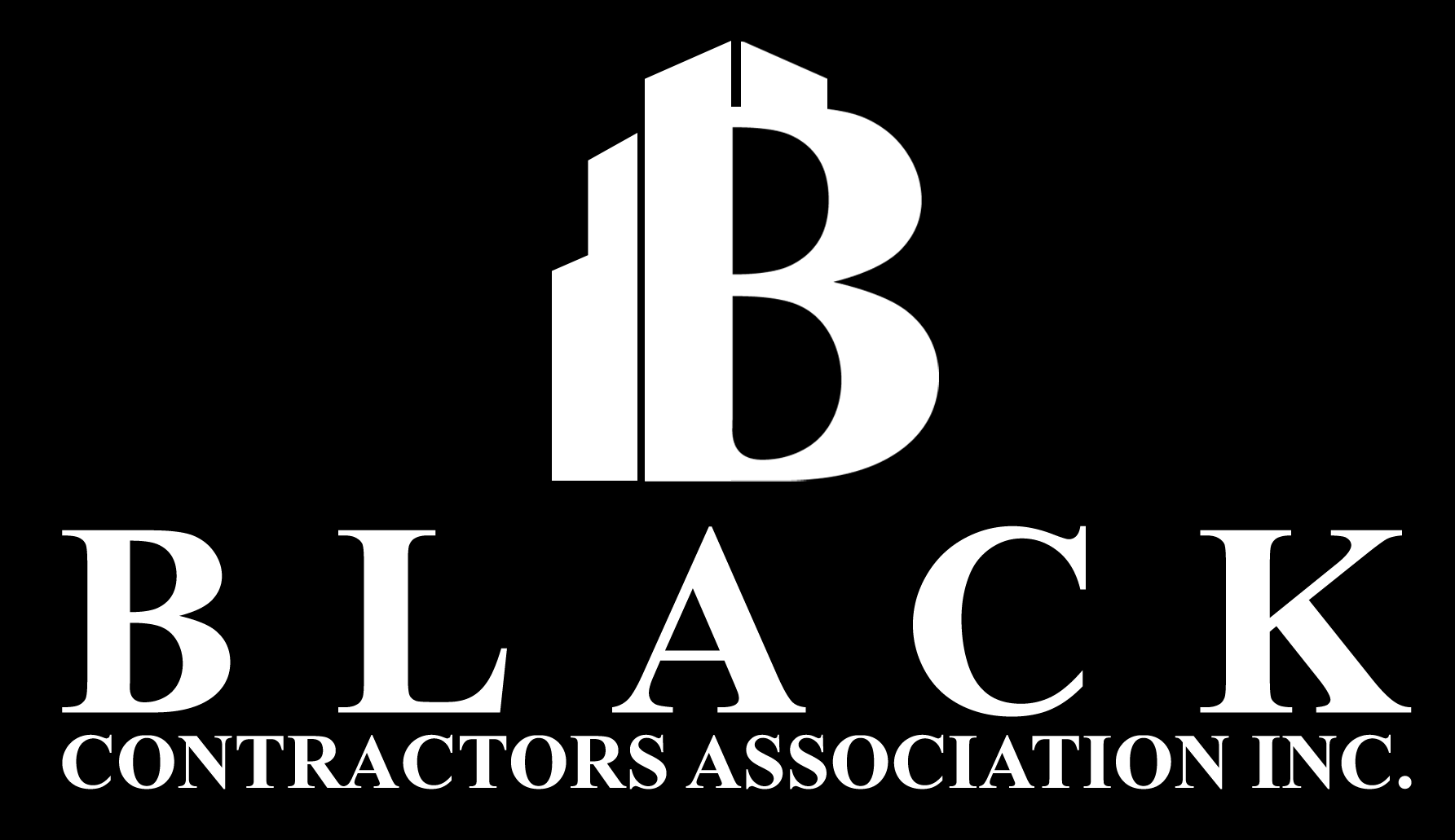On January 9, 2024 an article was published arguing lawsuits could undermine equal opportunity in construction contracting.
Challenges to DBE Goals in Federal Contracts Gain Steam
For over 40 years, minority contracting programs at agencies like the SBA and DOT have sought to remedy deep-rooted discrimination that systemically blocked equal access to public sector infrastructure dollars. But the modest gains made by black-owned firms remain fragile and now face an existential threat from frivolous lawsuits rooted in the very racism these policies aim to address.
While the plaintiffs hide behind pretenses of a principled stand against racial classifications, their real motives are laid bare both in substance and in timing. Mere months after the Supreme Court provided
legal cover to undermine diversity, they moved swiftly to leverage that opening against minority contractors. This is not about high-minded constitutional debates – it is a cunningly orchestrated power grab for infrastructure funds by firms who already control 80% of existing contracts. Their audacious claim of “reverse racism” belies all evidence, data, and history.
In 2021, President Biden reauthorized vital DOT programs upholding aspirational DBE participation “goals” for minority firms who remain massively underrepresented due to systemic discrimination. If a few points of those goals feel threatening enough to launch lawsuits, it reveals just how little progress has actually been made since the days of sanctioned bid rigging against black contractors.
The National Association of Minority Contractors rightly exposed the claims behind these lawsuits as factually wrong and morally bankrupt. Plaintiff companies in multiple suits have managed to build successful multi-generational businesses despite modest DBE goals. Their grievances of unfair disadvantage ring laughably hollow when four generations of advantage failed to lift many black firms to equal footing.
Black Americans continue facing double digit unemployment rates, higher denial rates for small business loans, and grave wealth gaps resulting directly from economic racism embedded in public policy and industry practices for generations. The tiny share of infrastructure dollars finally designated to provide opportunity for disadvantaged businesses is but a tiny down payment on the compounding interest owed.
Yet these firms have the audacity to argue awarding contracts based on race is unfair while benefiting enormously from exactly that for decades. Such claims invert reality. They want special treatment and lambaste simple inclusion.
Make no mistake – these lawsuits do not exist absent the overt racism and white grievance politics emboldened in recent years. They are part of the same backlash against progress and demographic change. An agenda which calls diversity “too much” and civil rights “going too far” wants to make America discriminatory again, not merit-based.
Concerned groups like the BCA urge elected officials everywhere to see through the hollow legal pretext. Striking down minority contracting programs designed to uplift disadvantaged groups will only further consolidate public infrastructure dollars with firms already dominating the market. Fostering an inclusive, competitive, and ethical contracting ecosystem serves taxpayers while building generational wealth in marginalized communities.
The stakes politically are just as high, as leaders will be judged in part on defending policies righting historical injustices. No politician can expect eager support from minority constituents while appeasing calls for “color blind” contracting that will blindly uphold status quo racism. Your values and priorities shine through in moments like these.
As Dr. King said, “there comes a time when silence is betrayal.” That time has arrived for minority contractor programs facing litigation from firms clinging to unfair advantages. But BCA remains encouraged by the many potential allies in business, advocacy, and government who recognize America prospers most when all of us prosper. Together, we can work to modernize, strengthen, and defend these policies against those who profit so handsomely from discrimination.
BCAinc





